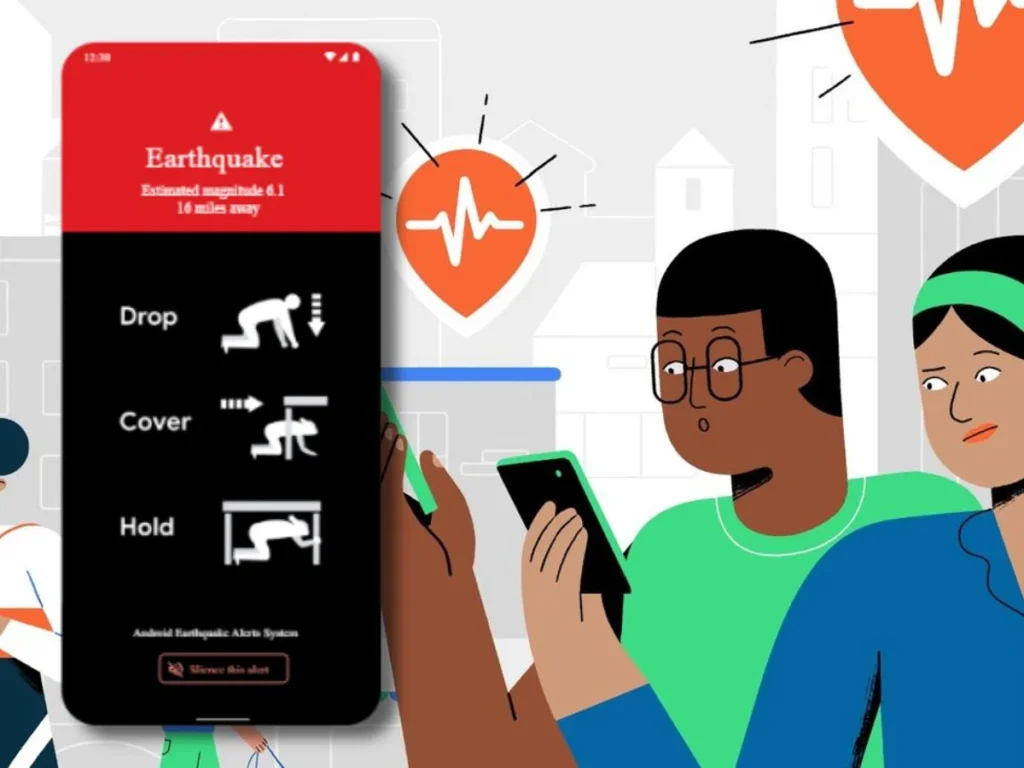System Acknowledges Limitations as It Struggles to Provide Timely Alerts.
Google’s Android Earthquake Alert system, designed to provide users with advanced notice of impending earthquakes, has recently faced criticism for its failures to detect some significant seismic events. While the system has proven valuable in many cases, its limitations have become apparent, highlighting the need for users to remain vigilant and prepared for natural disasters.
In October 2023, the Android Earthquake Alert system failed to detect strong tremors originating in Nepal, which measured 6.2 on the Richter Scale. This incident raised concerns about the system’s reliability, as it did not provide the expected warning to users in affected areas.
Similar issues were observed in Türkiye (Turkey), where the system failed to alert users about an earthquake. These occurrences have prompted questions about the system’s effectiveness in different regions and scenarios.
Google introduced the Android Earthquake Alert System to several countries worldwide, utilizing the vast network of smartphones equipped with accelerometers capable of detecting shaking. When multiple devices detect simultaneous shaking, Google can pinpoint the earthquake’s epicenter and estimate its strength.

However, the system’s effectiveness depends on factors like the density of Android users in a given area and the sensitivity of individual smartphones’ accelerometers. The system may not always detect earthquakes accurately, leading to gaps in its warning capabilities.
Google has described the ability to send earthquake alerts as a “core” part of its Android service, emphasizing its commitment to providing valuable information to users during seismic events. Despite the system’s limitations, it has successfully alerted users in numerous instances, potentially mitigating the impact of earthquakes.
While the Android Earthquake Alert system serves as a valuable tool for earthquake detection, it is not infallible. Users are encouraged to always be prepared for seismic events by having an emergency plan in place. This includes knowing evacuation routes, having emergency supplies, and staying informed through multiple sources, including official government alerts.
The Android Earthquake Alert system is an important addition to disaster preparedness efforts, but its recent shortcomings remind us that it is not a foolproof solution. As technology continues to advance, improvements in earthquake detection and notification systems may address some of these limitations, ensuring better protection for communities in earthquake-prone regions.
Resources:
4.https://www.bbc.com/news/technology-66316462
5.https://www.androidauthority.com/android-earthquake-detection-system-fail-turkey-3350504/
6.https://www.dailymotion.com/video/x8mucwe